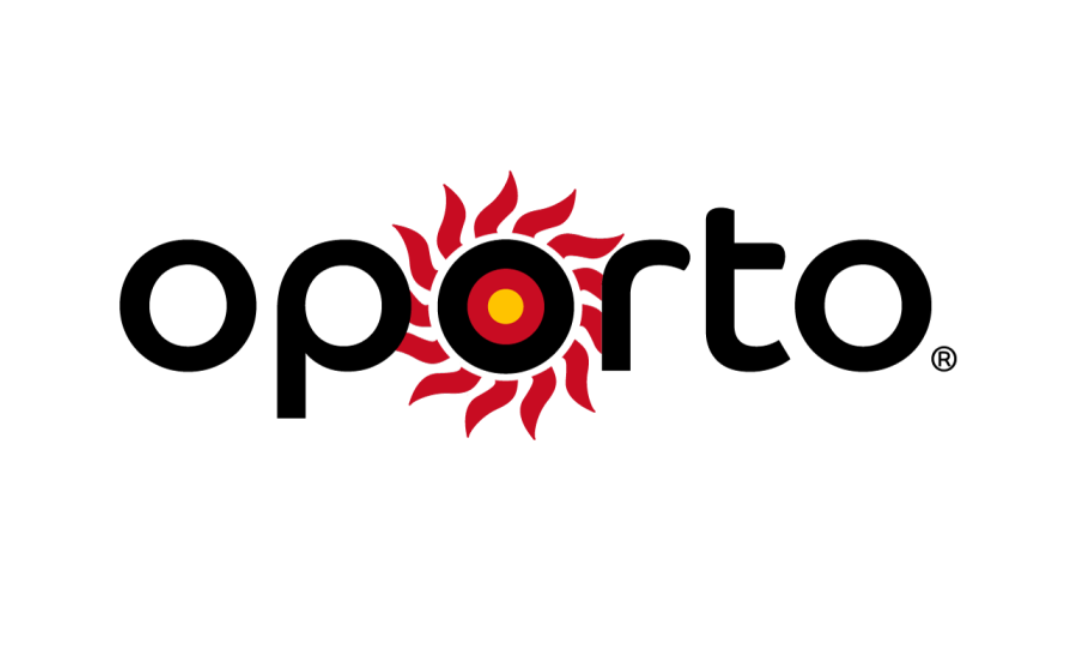Franchising is a popular way to start a business in Australia, offering entrepreneurs the ability to operate under an established brand with proven systems and support. However, becoming a franchisee comes with financial commitments, one of the most significant being the franchise fees. Whether these fees are tax deductible is a common question, and the answer depends on the type of fee and how the Australian Taxation Office (ATO) classifies it. Understanding how franchise fees are treated for tax purposes is essential for financial planning and compliance.
Understanding Franchise Fees
Franchise fees are typically divided into two categories: the initial franchise fee and ongoing fees. The initial franchise fee is usually paid upfront when entering into a franchise agreement. It grants the franchisee the right to operate under the franchisor’s brand and use its systems and intellectual property. This fee often includes training, set-up support, and the right to operate in a particular location for a set period.
Ongoing fees, on the other hand, are usually paid regularly and may include royalties, marketing levies, and other service charges. These are typically based on a percentage of the franchisee’s turnover and are paid throughout the duration of the franchise agreement.
Initial Franchise Fees as Capital Expenditure
According to the ATO, initial franchise fees are generally considered capital in nature. This means they are not immediately deductible as a business expense in the year they are incurred. Instead, they are treated as capital expenditure and must be deducted over time. This deduction is allowed under Division 40 of the Income Tax Assessment Act 1997, which deals with the depreciation of intangible assets.
The deduction is spread over the term of the franchise agreement, or five years if the agreement is indefinite or longer than five years. The rationale behind this treatment is that the initial franchise fee provides an enduring benefit to the business, rather than being used up in the course of producing assessable income in a single year.
Ongoing Franchise Fees as Operating Expenses
In contrast to the initial fee, ongoing franchise fees such as royalties and marketing contributions are generally considered operating expenses. These fees are incurred in the day-to-day running of the business and are therefore tax deductible in the year they are paid or become payable. This deduction can significantly reduce the taxable income of the franchisee and help with cash flow management.
It’s important that these fees are clearly documented and supported by proper invoices and statements from the franchisor to ensure they are deductible and to comply with ATO requirements during any potential audits.
Treatment of Renewal and Extension Fees
If a franchise agreement is renewed or extended, any associated fees may also be considered capital in nature. As with the initial fee, renewal or extension payments may need to be deducted over the term of the renewed or extended agreement. This ensures consistency in how similar types of expenditure are treated across the life of the franchise.
Franchisees should consult a qualified tax advisor or accountant when dealing with renewal fees, especially if the structure of the agreement changes or includes new rights or obligations that differ from the original contract.
Importance of Professional Advice
While the general principles above provide a guide, the tax treatment of franchise fees can vary depending on the specific terms of the franchise agreement and the structure of the business. Engaging with an accountant or tax specialist who understands franchising can help ensure compliance with tax laws and maximise allowable deductions.
Failing to correctly distinguish between capital and revenue expenses may result in incorrect tax filings, potential penalties, or missed deduction opportunities. Record keeping is also vital, as supporting documentation will be necessary to substantiate all claims.
Conclusion
Franchise fees can be tax deductible in Australia, but how and when they are deductible depends on the type of fee. Initial franchise fees are usually capital expenses, deductible over time, while ongoing fees like royalties and marketing contributions are typically treated as immediate deductions. Given the complexity of tax laws and the importance of correct classification, professional advice is crucial. By understanding the tax implications of franchise fees, franchisees can manage their finances more effectively and ensure compliance with ATO requirements.









